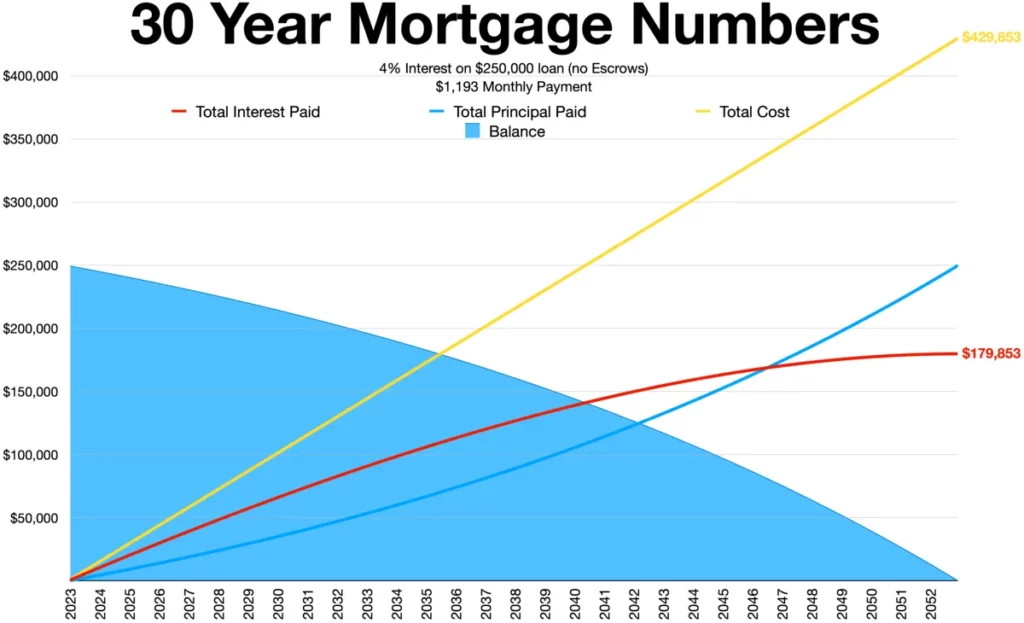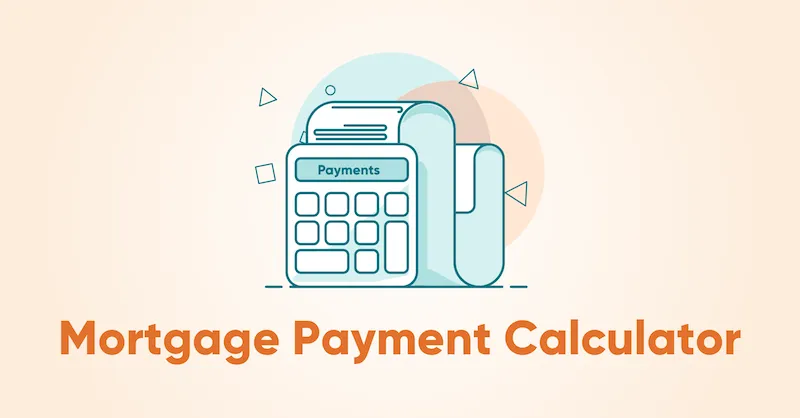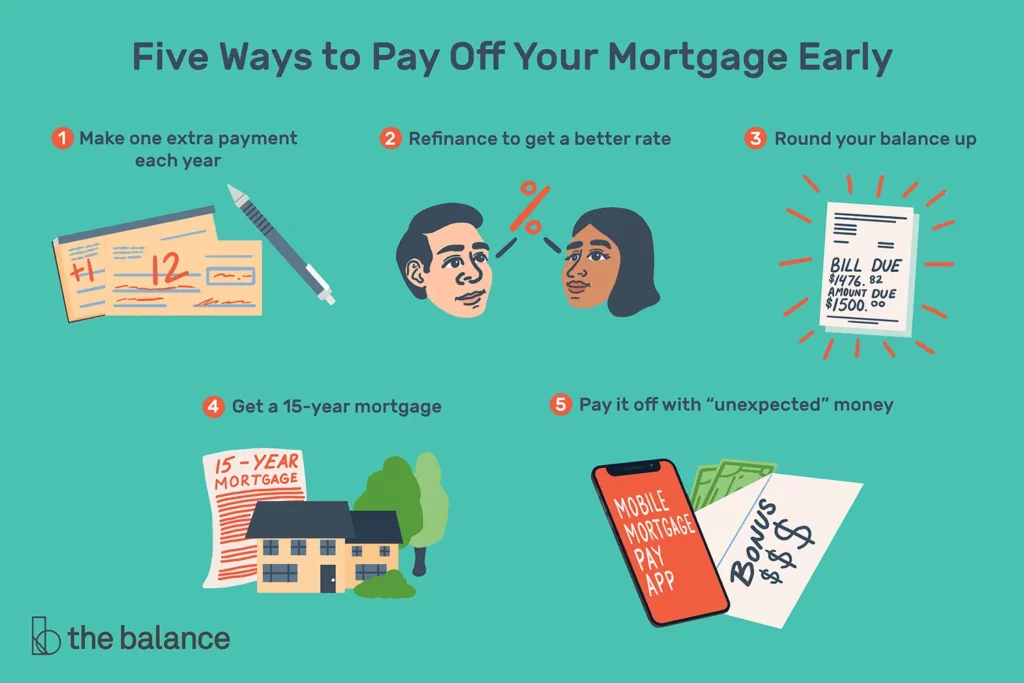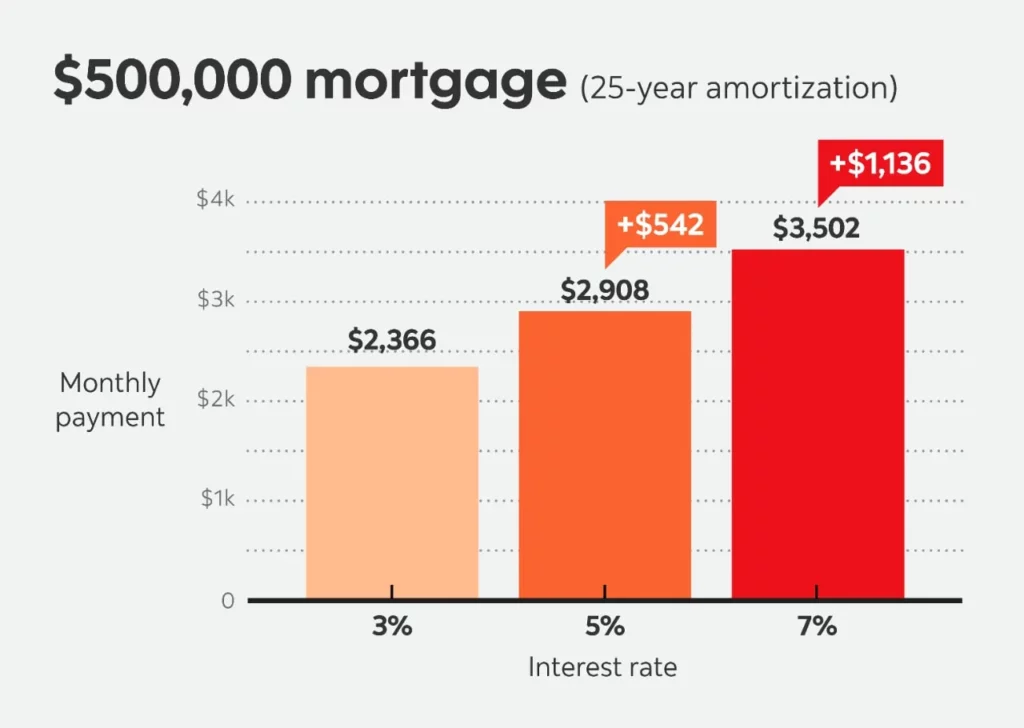How Is Mortgage Interest Calculated in Canada – Monthly Interest = (interest rate/12) x unpaid principal balance.
Many Canadians are mystified by the mortgage calculations. They will often find that they can figure out loan interest and payments, but mortgages baffle them. The simple explanation of this is that loans are usually very simple to deal with, since the interest is compounded with every payment. Therefore, a loan at 6%, with monthly payments and compounding simply requires using a rate of 0.5% per month (6%/12 = 0.5%).
As a Canadian finance expert, I’m here to demystify the seemingly complex world of mortgage interest calculations. Understanding how your monthly payments break down into interest and principal is crucial for informed financial decisions.
How Is Mortgage Interest Calculated in Canada
- Interest rate: This is the percentage charged on the outstanding principal balance. Lenders offer various fixed and variable rate options.
- Compounding: Interest accrues on the unpaid balance and the previously accumulated interest (semi-annually in Canada).
- Payment frequency: While interest compounds semi-annually, you make payments more frequently, often monthly.
Canadian Mortgage Formula
Monthly Interest = (Interest rate/12) x Unpaid Principal Balance
Example: Suppose you have a $300,000 mortgage with a 3% annual interest rate and monthly payments. Your monthly interest would be:
(0.03/12) x $300,000 = $750
Factors Influencing Interest Calculations:
- Term: Longer terms mean more interest paid.
- Down payment: A higher down payment reduces the principal and the interest burden.
- Amortization period: This determines how quickly the loan is paid off. Shorter periods mean higher payments but less total interest.
Future of Mortgage Interest in Canada:
Predicting the future is always tricky, but here are some key factors to consider:
- Global economic conditions: Interest rates are influenced by global economic trends and monetary policy.
- Government intervention: Government policies like stress tests and mortgage insurance can impact lending practices and interest rates.
- Technological advancements: Fintech could disrupt the mortgage industry, potentially leading to more competitive rates and innovative products.

Expert Tips:
- Shop around: Compare rates from different lenders to find the best deal.
- Consider fixed vs. variable rates: Fixed rates offer stability, while variable rates can be lower but carry risk.
- Factor in additional costs: Remember closing costs, mortgage insurance, and property taxes.
- Seek professional advice: A financial advisor can help you choose the right mortgage and manage your finances effectively.
Remember, mortgage interest calculations are just one piece of the puzzle. Understanding your financial situation and long-term goals is crucial for making informed decisions about your home loan.
FAQ Mortgage Interest in Canada
What are the current average mortgage interest rates in Canada?
As of December 2023, average mortgage rates are:
- 5-year fixed: 5.00% – 5.50%
- Variable: 4.50% – 5.00%
Remember, these are just averages; your rate will depend on factors like your credit score, down payment, and chosen lender. Are mortgage rates in Canada going up or down?
Interest rates have risen significantly in 2023 as the Bank of Canada attempts to combat inflation. This trend is expected to continue for some time, although the increases might slow.
What is the stress test, and how does it affect my mortgage rate?
The mortgage stress test is a mandatory requirement in Canada. It assesses your ability to handle a higher interest rate (typically 2% higher than your negotiated rate) to ensure you can still afford your mortgage if rates rise unexpectedly. This test can impact your borrowing power and affect your interest rate.
How can I get a reasonable mortgage interest rate in Canada?
- Shop around: Compare rates from different lenders, including banks, credit unions, and mortgage brokers.
- Improve your credit score: A higher credit score means you’re a lower-risk borrower and can qualify for better rates.
- Make a larger down payment: A more significant down payment reduces your loan amount and makes you a more attractive borrower to lenders.
- Consider a shorter term: Shorter terms generally have lower rates, but be sure you can afford the higher monthly payments.
What are some alternative mortgage products in Canada?
- Home Equity Line of Credit (HELOC): Provides access to a revolving line of credit secured by your home equity.
- Reverse Mortgage: Allows seniors to access their home equity as tax-free income but can have complex terms and fees.
- Shared Equity Mortgage: Government programs that can help first-time buyers with down payments.
Choosing the right mortgage product and interest rate is crucial for your financial health. Consult a qualified mortgage professional to discuss your options and find the best fit for your needs.
Disclaimer: This information is for educational purposes only and should not be considered financial advice. Always consult with a qualified financial professional before making any significant financial decisions.
Source – CA Government




